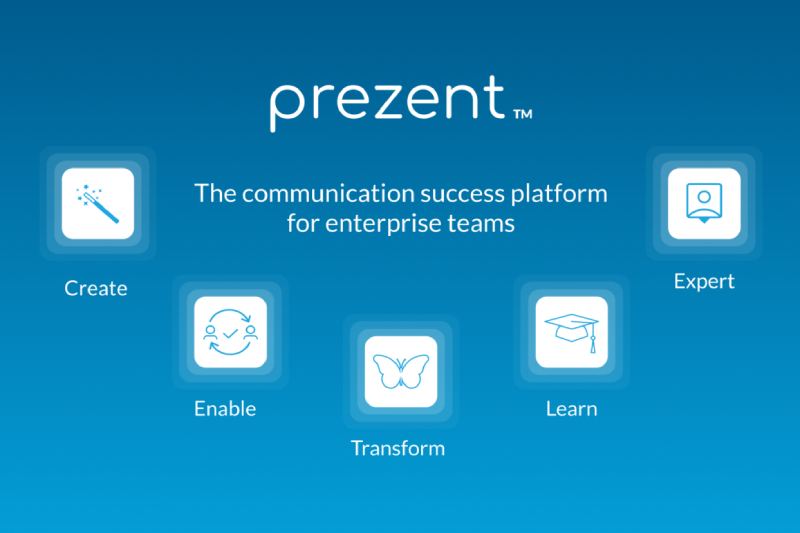Generative artificial intelligence, or GenAI, is one of the disruptive technologies that will have the largest effects in 2023. Its capacity to produce images and text in response to a small number of instructions signaled a significant advancement in Natural Language Processing, a branch of artificial intelligence.
The debate over the implications of the latest AI developments for content creators has not stopped, but for now the practical uses are far more narrowly focused.
For instance, a lot of professionals find it extremely difficult to create and deliver a business presentation, or they detest writing emails. However, these duties have the daily power to make or break agreements and have an impact on a variety of decisions.
Prezent is among the businesses striving to bring in a new era of communication through the use of AI-powered solutions that tackle particular issues. The business is launching Communication Fingerprint 2.0 this week, a tool that helps professionals communicate more effectively at work.
Why is communication so crucial in the workplace?
It goes without saying that communication is the cornerstone of business dealings. After all, without the capacity to communicate ideas and information, it is impossible to win over new talent, train a team, or inform stakeholders.
All businesses, however, face challenges in standardizing communication practices and providing executives with the necessary support to convey critical messages. Because of this, Prezent’s founder and CEO, Rajat Mishra, created the only AI-powered platform that combines business acumen, audience empathy, and stunning design to dramatically increase teams’ presentation productivity.
“We believe everyone deserves a fair chance to bring their ideas to life. Our mission is to democratize business communication. We’ve built a platform that automates and simplifies the many communication-related challenges in the workplace” commented the CEO.
The latest achievement in Mishra’s goal to democratize access to communication tools and assist every business in increasing productivity and saving time is the public release of Communication Fingerprint 2.0.
A Communication Fingerprint: What Is It?
By recognizing their own communication style and the most effective ways to communicate with others, professionals can become more self-aware communicators with the aid of Communication Fingerprint.
Eight “fingerprint archetypes” and the corresponding advantages and disadvantages of each serve as the foundation for the tool’s features. Architect, director, navigator, scholar, scientist, performer, producer, and surgeon are a few of these.
An archetype that helps each user understand how to send and receive information most effectively is assigned to them. Additionally, the tool teaches users how to best modify their style according to the audience they must present to.
“Directors,” for instance, are action-oriented leaders who are pragmatic. With a penchant for audacious communication techniques, they process information by evaluating the data and turning it into specific, doable actions. A team of “Scholars” and “Scientists,” however, may require such an archetype to present a critical strategic update. These individuals are more receptive to factual and concise presentation styles.
Any presentation can be easily customized to fit the needs of the intended audience with the help of Communication Fingerprint 2.0. Businesses can now communicate during presentations with accuracy and precision thanks to the most recent version. The capacity to update current content into more powerful content, a compliance checker that brand-aligns any slide deck, and the capability to extract an easily readable Executive Summary from presentations are among the new features in version 2.0.
uniform outcomes and dialogue
While most of the time we communicate instinctively, effective communication at work has a big collective impact on the advancement of the company. AI has more potential as a communication tool as it gets better at interpreting emotions and subtleties.
Prezent aims to provide teams with easy-to-use, standardized communication frameworks for any given task or audience, enabling businesses to take charge of workplace communication.


